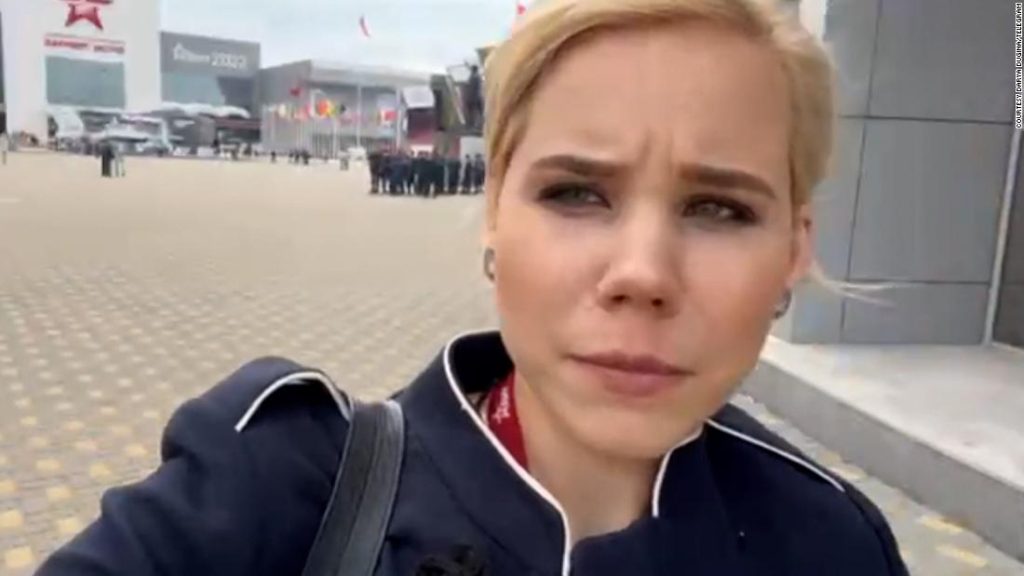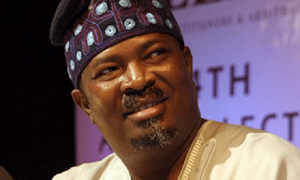Analysis: Dugina killing is a flashback to 1990s Russia

Dugin is a creature of the same decade. He emerged from fringe politics, most notably as founding member of the National Bolshevik party, political provocateurs who combined communist and fascist symbolism with a heaping dose of anti-Western sentiment. There are differing opinions on his relationship with Russian President Vladimir Putin now, though the ultranationalist’s teachings were in line with Putin’s expansionism, and Dugin is a fierce proponent of Russia’s war in Ukraine.But Russia today is a very different place from the gangsterism of the 1990s. Putin’s rise on New Year’s Eve, 1999, ushered in a new social contract: Russia would see an end to its criminal lawlessness, and in exchange, Russians accepted a form of authoritarian rule. The bandits no longer ruled Russia — Putin’s security services did. That didn’t mean that assassinations were no longer a feature of Russia’s political landscape: It’s just that they were typically carried out against those who challenged Putin’s authority.Regardless of who is behind the killing, or whether Dugina or her father was the real target, the bombing could mark a shift in the pattern of modern-day Russian political killings.Decades of suspicious deathsOver the two decades of Putin’s rule, many of his most prominent opponents have met violent ends.One of the first such cases was the murder of investigative journalist Anna Politkovskaya. She was shot dead in the stairwell of her apartment building — on Putin’s birthday. Arrests and convictions followed, but her colleagues still insist that those responsible for the killing were never brought to justice.Then there was the poisoning of Alexander Litvinenko, a former agent of the Federal Security Service (FSB), who had emerged as a prominent critic of Putin. Litvinenko died in 2006 after his tea was dosed with highly radioactive polonium-216. In a deathbed statement, Litvinenko blamed Putin; the European Court of Human Rights and a British inquiry said Russian agents administered the fatal poison.Russian society was rocked in 2015 by the assassination of the politician Boris Nemtsov. The political figure, an outspoken critic of Putin’s involvement in the war in Ukraine’s Donbas region, was gunned down in view of the Kremlin.The list goes on. Alexey Navalny, who in many respects inherited the mantle of opposition leader from Nemtsov, is currently serving in a Russian penal colony. He survived poisoning with the nerve agent Novichok, something he blames on Russia’s security services. The car bombing that killed Dugina has more than faint resemblance to the murky killings of a string of pro-Russian separatist leaders in the Donbas region in the years leading up to Russia’s full-scale invasion of Ukraine earlier this year.In many of those cases, such as the cafe bombing that killed Donetsk separatist leader Alexander Zakharchenko, Russian officials blamed the assassinations on Ukrainian spies or saboteurs. Many observers, however, suspected those killings were just as likely to have been the Russian security services getting rid of troublesome separatist leaders who were too difficult to control.Another possible explanation could be that the assassinations were actually linked to business disputes that had been settled in classic gangster fashion. Though we do not know who was behind this attack, what’s certain is the Russian government will find a way to capitalize on it.The Kremlin has already seized on Dugina’s killing to blame an external enemy — Ukraine — with the FSB on Monday claiming it had cracked the Dugina case and accusing Ukrainian special services of involvement, state-run media TASS reported.Ukraine has denied any involvement in Dugina’s killing, calling the FSB claims fiction.







